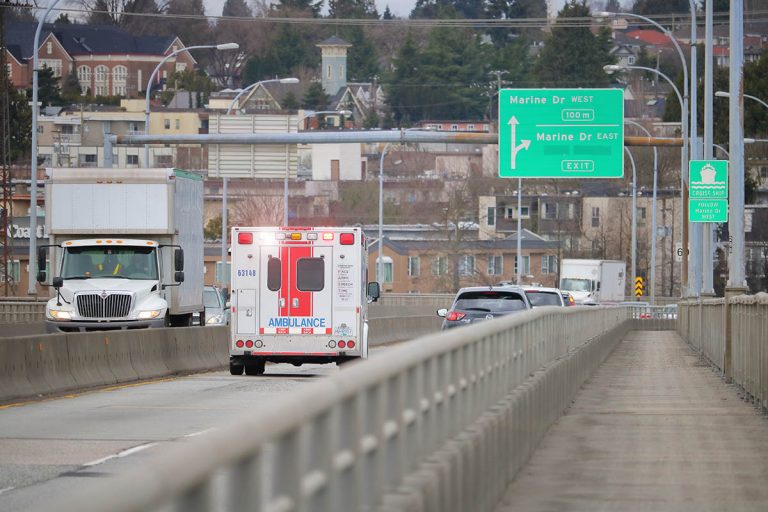School of Population and Public Health
-

Living near major roads linked to increased risk of dementia, Parkinson’s, Alzheimer’s and MS
Living near major roads or highways is linked to higher incidence of dementia, Parkinson’s disease, Alzheimer’s disease and multiple sclerosis (MS), suggests new research published this week in the journal Environmental Health.
-

Canadians dying at a higher rate in areas with more air pollution
Air pollution – even at levels below national and international air quality guidelines – is associated with an increased risk of deaths in Canada, according to new UBC research.
-

Drug discount cards could actually cost patients more
New research published today in the Canadian Medical Association Journal (CMAJ) reveals that brand-name drug discount cards are leading to higher health care spending in Canada—increased costs that are ultimately passed on to patients.
-

Science says when kids participate in team-based extracurricular activities, they have better mental health
Extracurricular activities that nurture a sense of belonging with peers appear to bolster preteen’s mental health, new research from the University of British Columbia suggests.
-

Music students do better in school than non-musical peers
High school students who take music courses score significantly better on math, science and English exams than their non-musical peers, according to a new study published in the Journal of Educational Psychology.
-

Many Canadians borrowing money to pay for prescription drugs
An estimated 731,000 Canadians have to borrow money in order to pay for drugs prescribed by their physician, according to new research from the University of British Columbia.
-

Sense of belonging in school key to children’s positive mental health
Anti-bullying measures alone are not enough to encourage positive mental health for children in schools, suggests a new study from the University of British Columbia.
-

Indigenous people face higher risk of transportation injuries in British Columbia
Indigenous people in British Columbia suffered transportation-related injuries at a rate 1.89 times higher than the province’s total population between 1991 and 2010, a new University of B.C. study has found.



